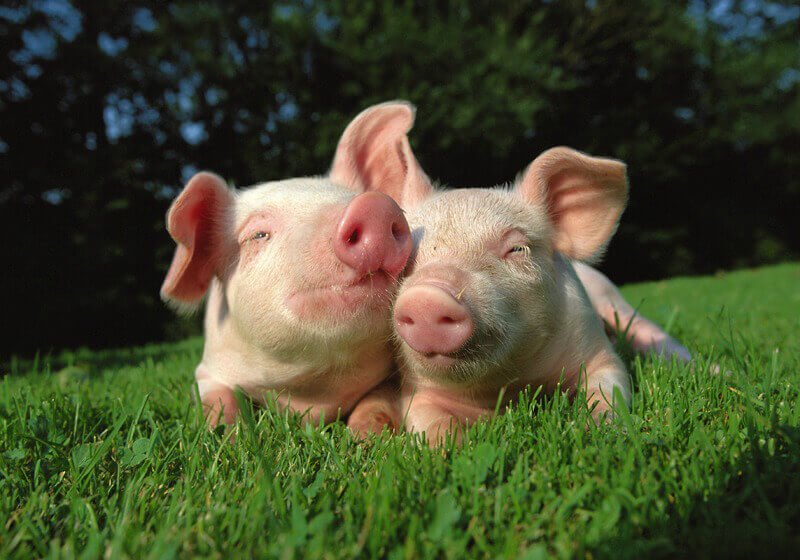Can we imagine a love that is without lack, hence without desire? We sit for a brief meditation on love. Erotic love, parental love, the love for truth, beauty and the good. Imagination that our love is indeed without lack, that the constellation lover – beloved has a value as it is and does not depend on vindication through future events.
We go too fast. Let’s take a good breath. Why do we want to know the nature of love? Are we afraid we cannot recognize it otherwise? Isn’t there always an element of “just so” involved? Why do you love me? Just because. Every lover has experienced this: An ultimate rationale will make love void, or feel void. A rational explanation is a narrative we can replicate, one that holds true in every occassion that is similar to the initial one in ways we that are clearly defined. Such reasoned ‘love’ for Anna must also apply to Berta (Anna’s clone) if she fulfills the same criteria.
The question is if there is an irreducible core to love that we cannot translate into reasons, a sort of mystery or a metaphysics if you wish. Hold on. We are meditating about love and stumbled over the very question ‘what is love?’ Doesn’t that make a fully naturalizing account tantalizing? Love in terms of oxytocin and neuronal pathways? Such analysis might one day be able to accurately analyse whether or not we love someone, but does it contribute to the meaning of love? A very bold naturalist might try a yes. We can find meaning if we describe love in terms of a shared paradisical future full of honeybees and butterflies, even if the reality happens in a small apartment in a boring neighbourhood. What if we just get used to the language of hormones and neurotransmitters? What if we learn to align our imagination of love with what actually happens, like a flushing of oxytocin?
The chemical narrative forgets about our storyness. The love we mean is consistent over time and survives stress (and long periods of absence of love hormones). We don’t reduce love to a story of endogenous drugs because love is a way we relate to the world. This may be overlooked in a laboratory setting because we don’t take the way rats relate to the world seriously. So, we feel that the chemical explanation of what happens inside our bodies when we love doesn’t answer our question. We want to know the value of love, we want to know how to love.
We began with imagining a love without a lack, so in a way without a future in which that love must be ‘realized’. Such timeless love is a depiction of a state of affairs, and the we attach a higher meaning to it. Picture two people hugging: “This is love”. There is nothing more to say. It seems to me that we have to make that gesture, ‘there is nothing more to say’, that is lover and beloved imagine a space beyond language that they inhabit together. This space can never be filled in with rational explanations, because it has the function of harboring the irrational side of love.
Love does imply lack. Loving interaction is all about the unknown future. Expectations, promises, vows. We could successfully deal with the future on our own and make promises to ourselves – we can love ourselves. But interpersonal love allows us to share something of our irrationality in the public space. It is important that our love is not only accepted but favored by the general public (hence the importance of gay rights). Our irrational core, necessary because we don’t have the Ultimate Answer, is contained in the shared imagination of love. The art of loving is a public play, a display of human affection that defies an ultimate rational explanation.
Breathe. I am not sure about what I said of rationality and love’s role as the quintessential irrational force. Perhaps this is just neoromantic cultural imagination? I’d love to discuss it.
Image by ianbourgeot.com

2 thoughts on “Meditation on love”
Comments are closed.